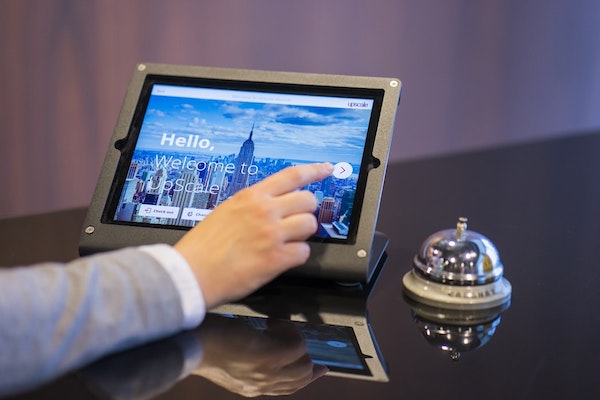Hotel managers and other professionals involved in the hospitality industry have a tough job to do – and not simply because they are customer-facing and so need to deal with irate members of the public on a regular basis.
Their tasks are difficult in part because they need to communicate with people from all over the world in both spoken and written form. While talking in other tongues with the odd slip-up might be widely tolerated, making mistakes in published texts is generally less acceptable and might even result in an organisation appearing unprofessional.
Indeed, things like professionally translated websites and social media presence in your customer’s native languages could bring out the best result in revenue and more returning customers.
It’s something hotels and resorts will be eager to know how – and that’s where EQHO Localization comes in.

How to boost sales for your hotels & resorts with the right localization strategy?
What is localization?
Simply put, the goal of localization is to make content or products appear as though they have been created especially for a specific audience, even when they haven’t and you have simply made them for your own language and market.
Whether it’s a website, a ‘Contact Us’, or a “Make a Reservation” form, localization will help to prevent it from looking like a translated page by eliminating errors and adjusting for the desired language and culture.
For example, dates and addresses might need to be formatted, while a website may have to be adjusted according to a particular country’s typical viewing preferences and video clips are going to require fresh voiceovers.

Things to consider when you need to localize a project:
1. Have markets in mind
Before you start, it’s essential to think about where your products are likely to be sent and seen. Are you targeting travellers in Japan, Korea, China or Europe? Consider everywhere you will want your material viewed and then decide what you will need to localize – and into how many different languages.
2. Think about all your brand touch-points
It isn’t just the basics of a project that will need to be localized – it’s every touch point when a customer has the potential to interact with your business.
To use the example of a hotel website again, the introductory text must be translated, but then the booking forms will also have to be localized for when they have clicked through. And don’t forget things like follow-up emails, as receiving one in the wrong language could leave your customers confused and frustrated as they attempt to discover what it was about.

3. Consider getting language specialists in
Although you may know someone at your company who speaks a few phrases in another language, remember it’s not the same as being a native speaker and there are likely to be mistakes if you rely on this type of translation.
The more apps and items to translate there are, the more complicated it gets too – don’t forget that complex terminology will have to be incorporated in a glossary before translation proper. That’s why it’s best to avoid the DIY approach and outsource localization to a specialist team of professional translators and editors who work with multiple languages and can also carry out quality assurance.
4. Compare quotes from the experts
There are lots of localization service providers out there, but don’t just choose the first one you come across. Instead, compare their quotes with a view to assessing their expertise. Do they have a big portfolio of previous, satisfied customers? Are there any big name brands among them? Do they employ native language speakers in the region you’re interested in? These questions will help you to draw up a shortlist and eventually make a decision.

5. The EQHO difference
At EQHO, we know how important it is to connect with your international audiences and we’re confident we can provide the localization service you’re looking for.
Our specialty is Southeast Asia and we can provide everything you need, from localized hotel websites and management software to voiceovers that will help to sell your hotel. From Thai Translation Services to Khmer, from Japanese Translation Services to Lao.
Localization is increasingly essential for the hospitality and can’t be ignored if you want to build your reputation and boost profitability, so contact us today for more information.



